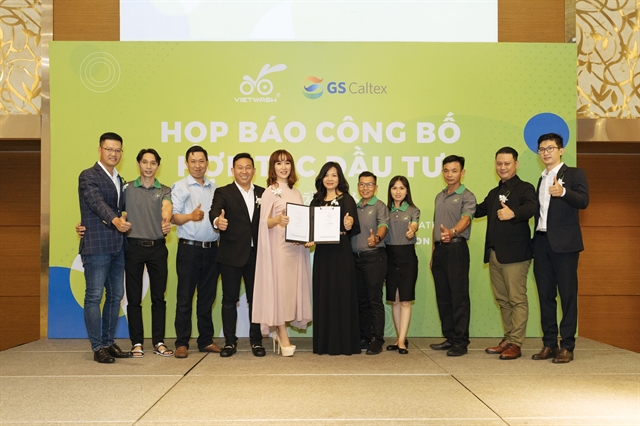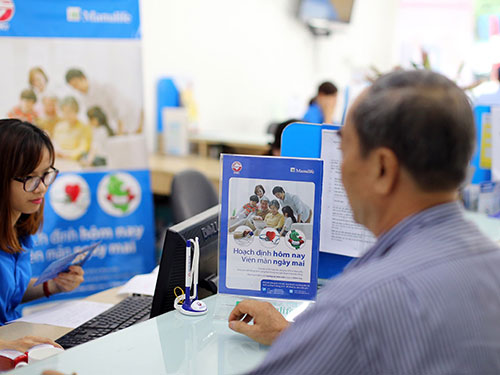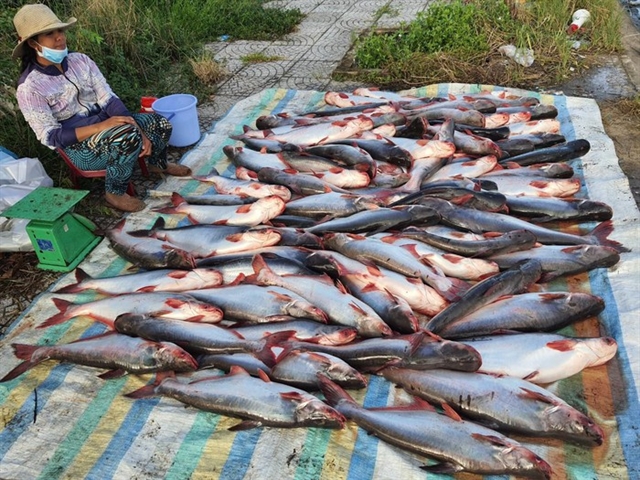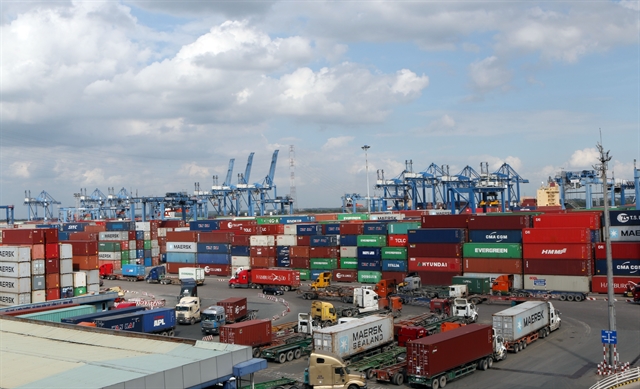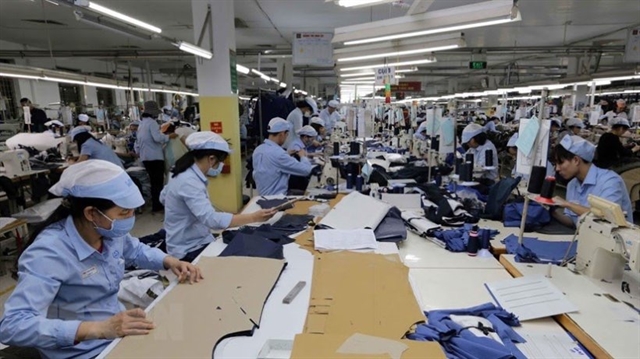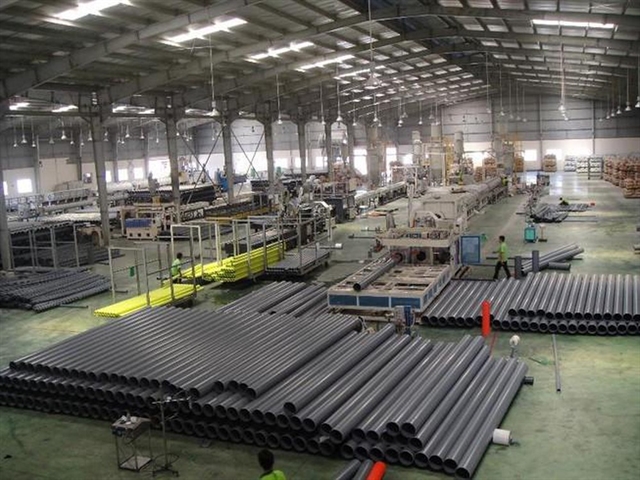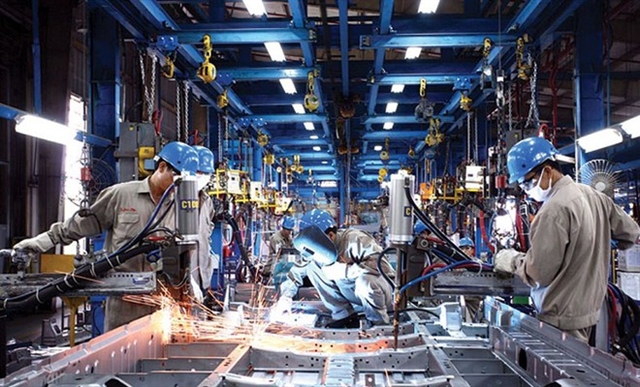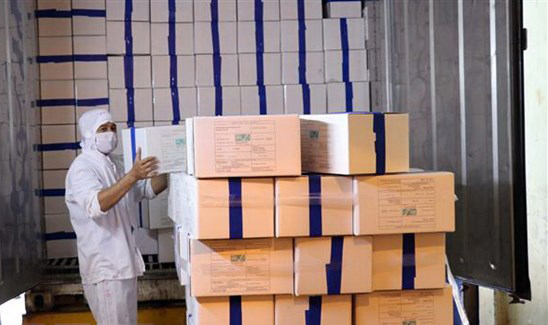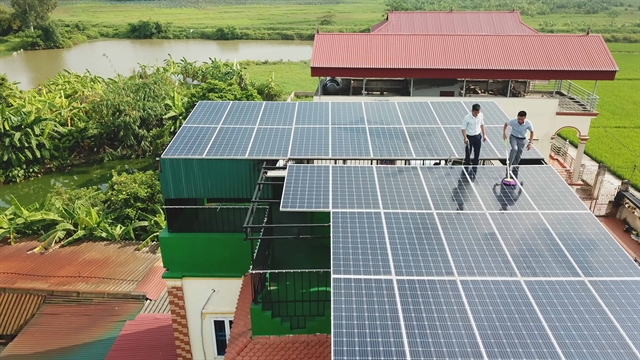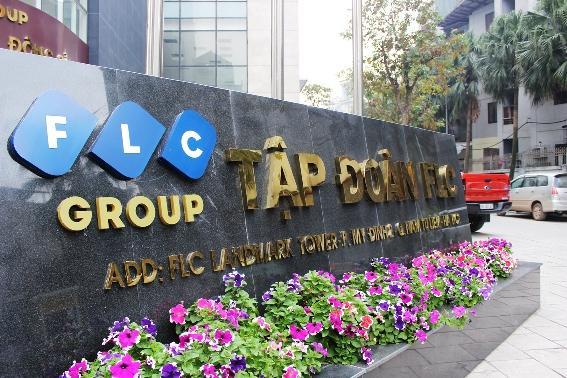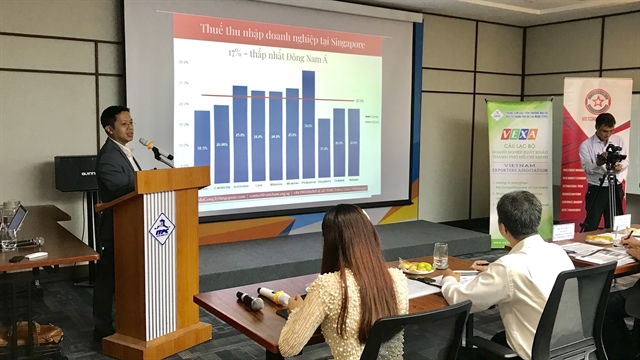
HCM CITY — Vietnamese enterprises should capitalise on Singapore’s status as an Asian hub and biggest market in the region to boost exports to it after the Covid-19 pandemic ends, a seminar heard in HCM City yesterday.
Trần Phú Lữ, deputy director of the city Investment and Trade Promotion Centre (ITPC), told the seminar on exporting to Singapore organised by the centre that both countries are members of the Comprehensive and Progressive Agreement for Trans-Pacific Partnership.
Singapore is connected to the world through 13 bilateral free trade agreements with key partners, of which 12 are already in effect.
“Singapore is a promising market for Vietnamese micro, small and medium enterprises to export to.”
Vietnamese exporters could also co-ordinate with Singaporean service companies to distribute their goods globally, he added.
Phùng Nguyên Phong, regional director of the Việt Nam Chamber of Commerce (VietCham Singapore), said in recent years a number of Vietnamese businesses have turned their attention to the Singapore market due to its various advantages.
Well-known global companies are present in Singapore to take advantage of the country’s tax incentives, he said.
The country has a highly developed market economy based on a history of extensive shipping trade and is one of the “four economic tigers” of Asia along with Hong Kong, South Korea and Taiwan, he said.
Phan Phi Long, national director of the Việt Nam Chamber of Commerce (VietCham Singapore), said the 5.8 million residents of Singapore enjoy a high standard of living and its GDP per capita is among the highest in the world.
It ranks fourth globally and first in the region for protection of intellectual property according to the World Economic Forum’s Global Competitiveness Report, he said.
It also has one of the most attractive tax systems in the world for both businesses and individuals, he said.
To export to Singapore, micro, small and medium-sized enterprises need to improve their product quality, packaging and designs to international standards to meet the strict requirements there, he added.
Last year bilateral trade was worth nearly $7.29 billion, down 5.6 per cent from 2018, according to the General Department of Customs.
Việt Nam’s exports were worth nearly $3.2 billion, up 0.1 per cent while its imports fell 9.6 per cent to $4.02 billion.
According to the city Investment and Trade Promotion Centre, in 2019 Việt Nam was the 22nd largest exporter to Singapore, which was the 21st largest importer of Vietnamese goods.
Halal market
Kanthiban Rajasegran, director of Business Engineers Asia, said Singapore is among the countries whose Muslim populations have the highest purchasing power.
So as a market for halal food in Southeast Asia it is only behind Malaysia and Indonesia, he said.
As global supply chains for Halal products have been disrupted by the pandemic, Vietnamese companies could tap this market, he said.
Vietnamese businesses must first obtain Halal certification by meeting strict religious requirements and comply with food safety and hygiene standards before their products could be sold in the market, experts said.
Việt Nam also has an advantage in raw materials for halal products such as coffee, rice, seafood, spices, beans, and vegetables.
Of the 1.8 billion Muslims world-wide, one billion are in Asia.
Lữ, deputy director of the ITPC, said 84 per cent of businesses in HCM City face challenges due to the impacts of the pandemic.
“Micro, small and medium-sized enterprises, which account for 97.2 per cent of all enterprises in Việt Nam, are most vulnerable to the impacts of the pandemic.
“The centre has implemented many programmes to support SMEs such as those, including both online and offline platforms, to connect suppliers and buyers in the country and elsewhere to help boost exports.” — VNS
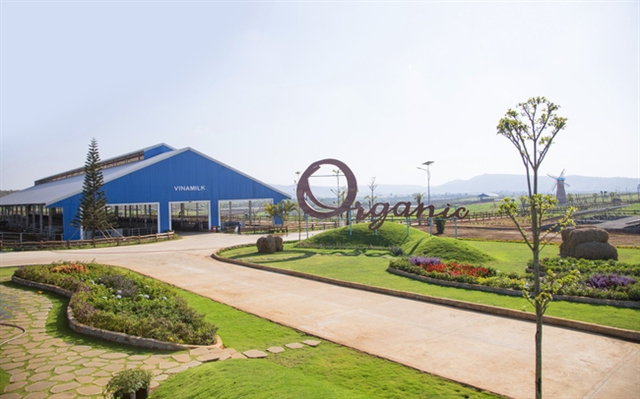
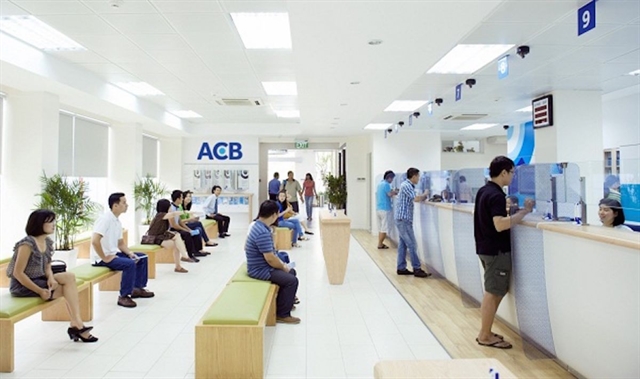
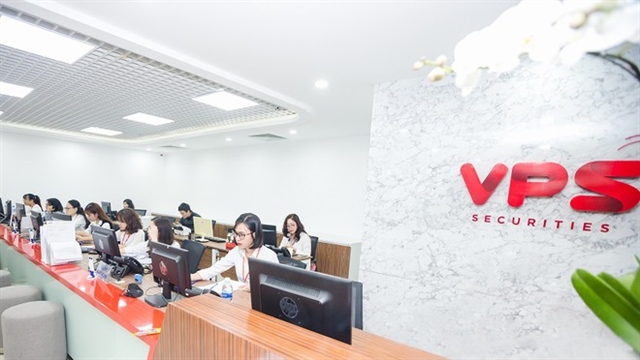
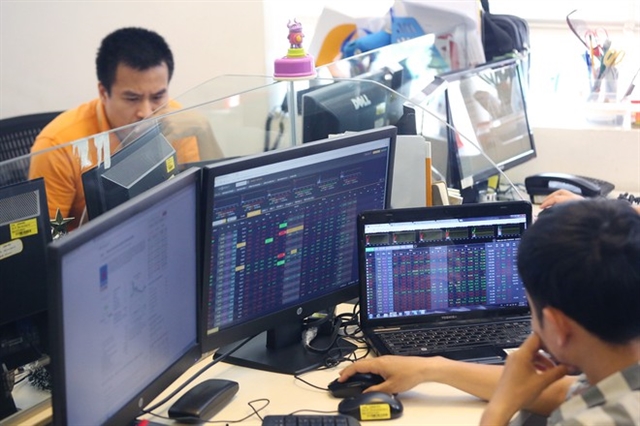

.jpg)
